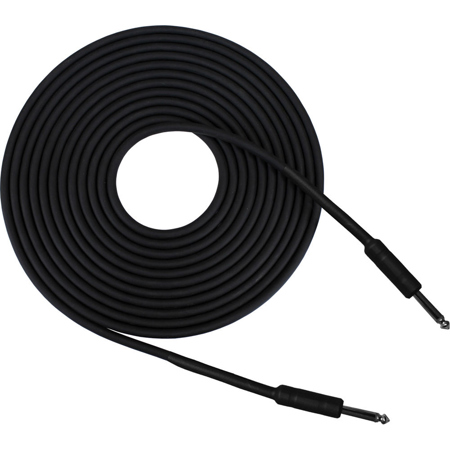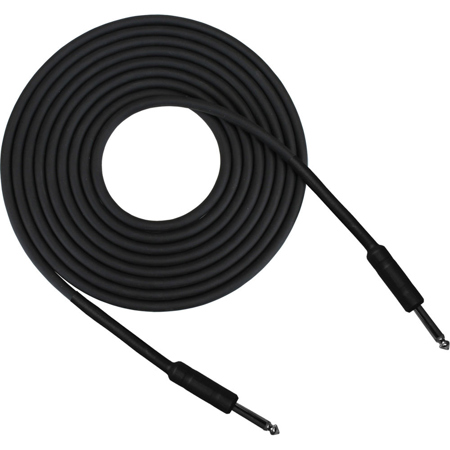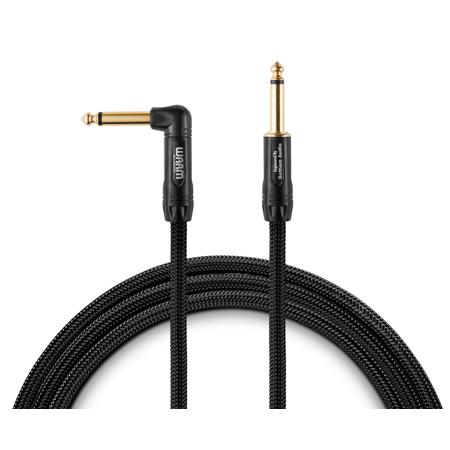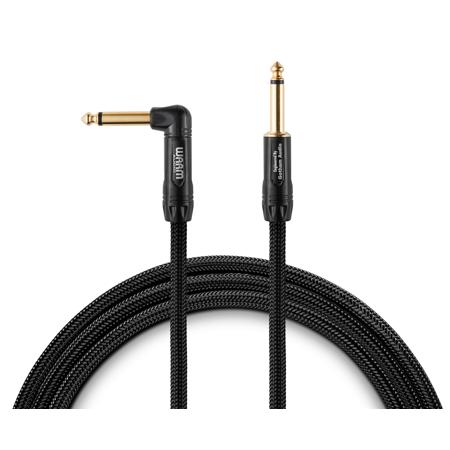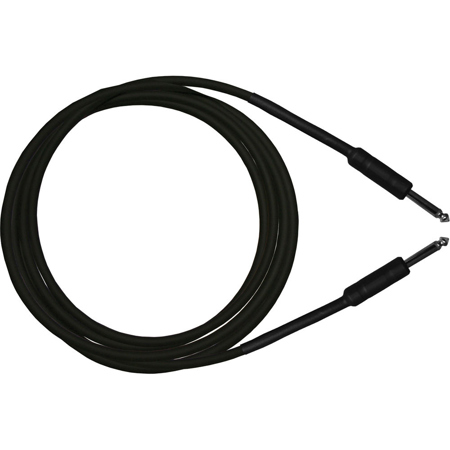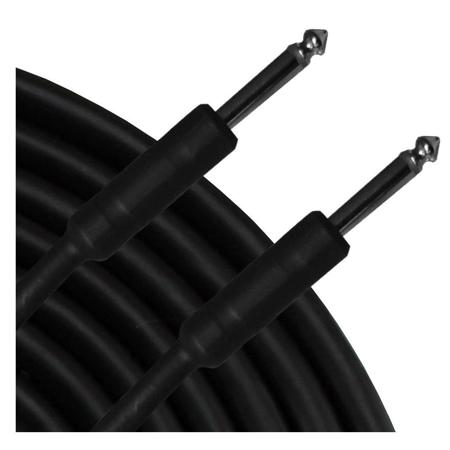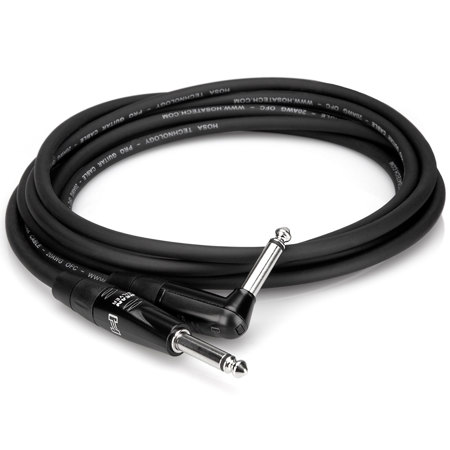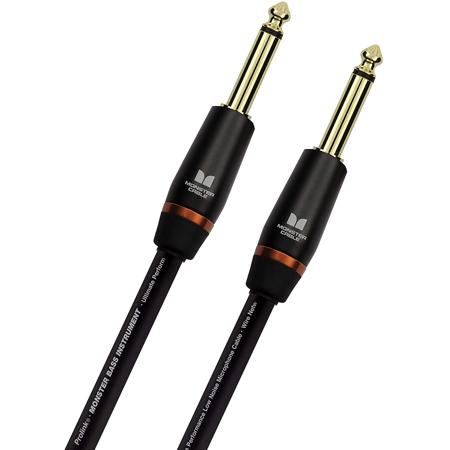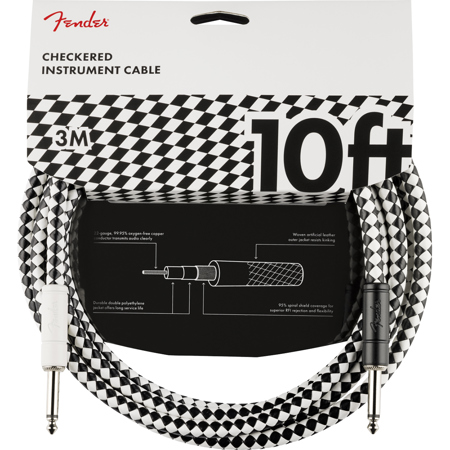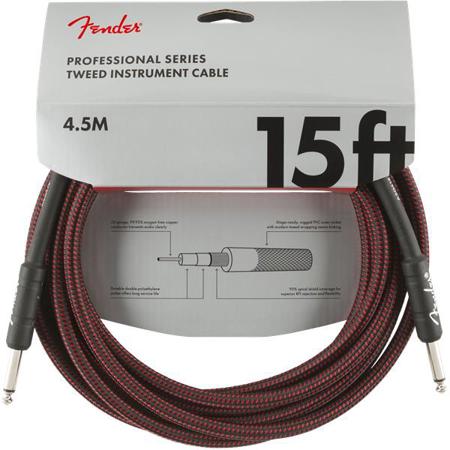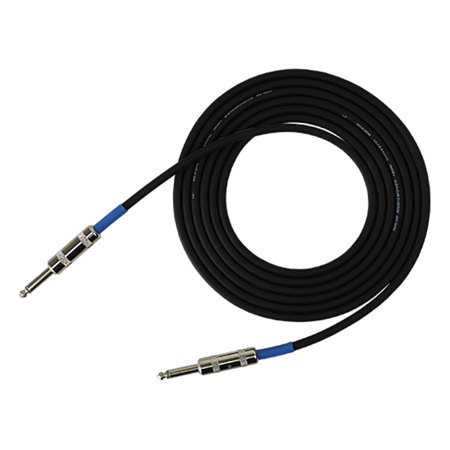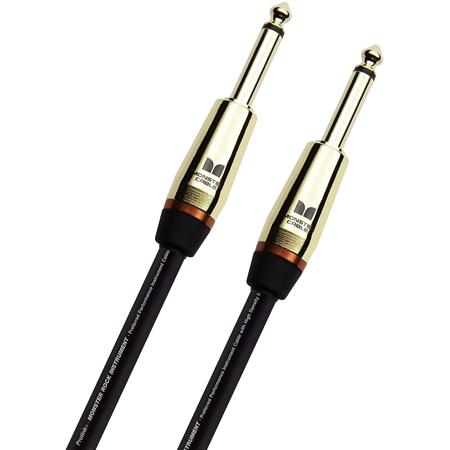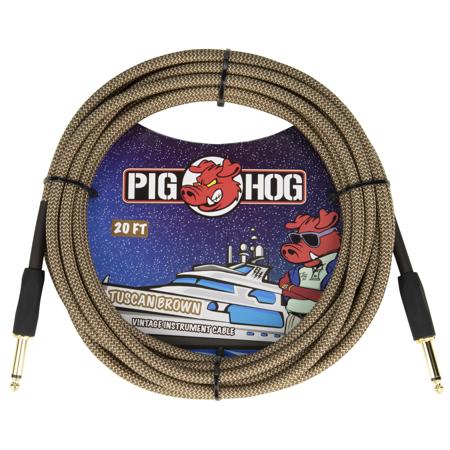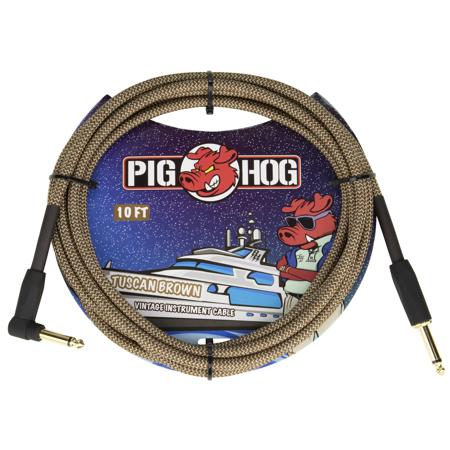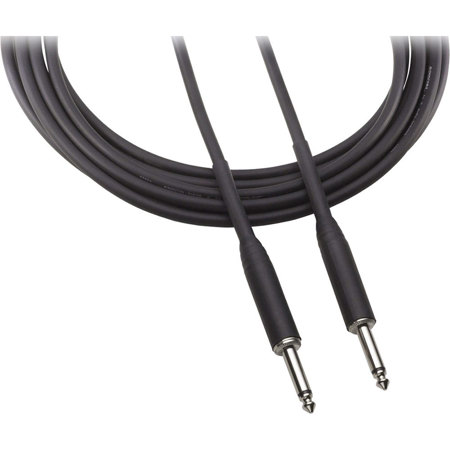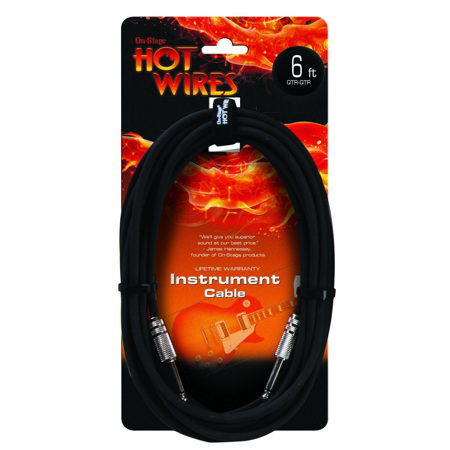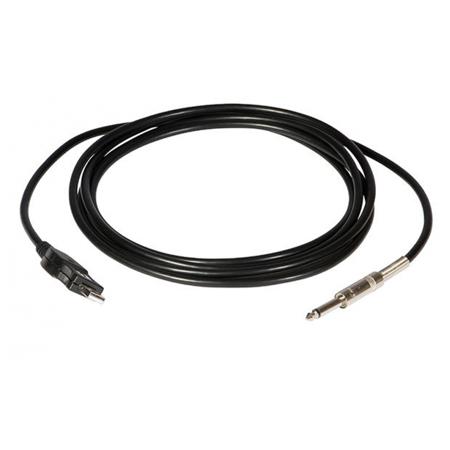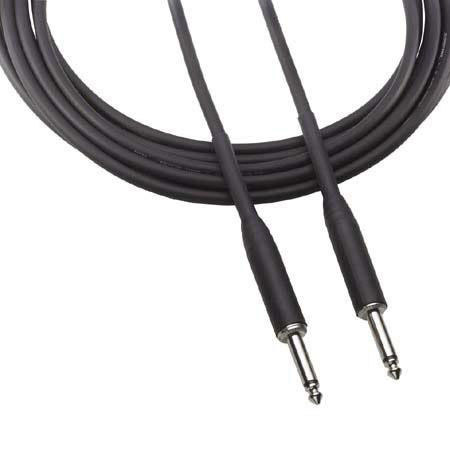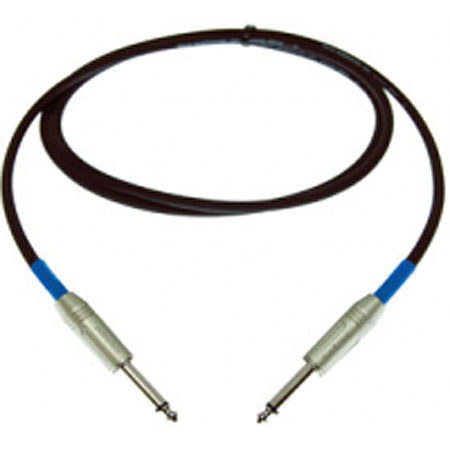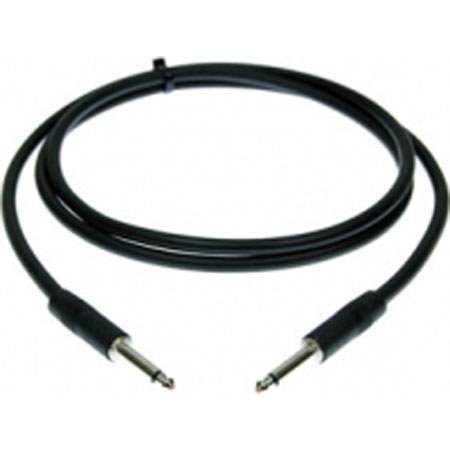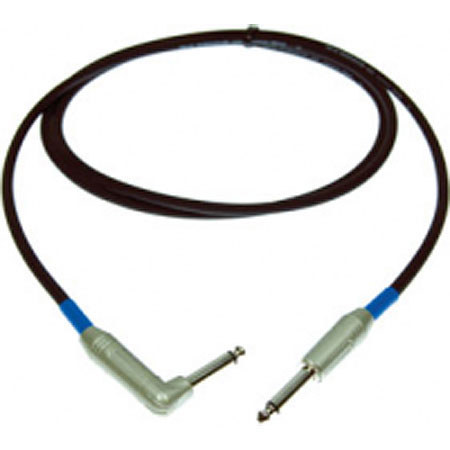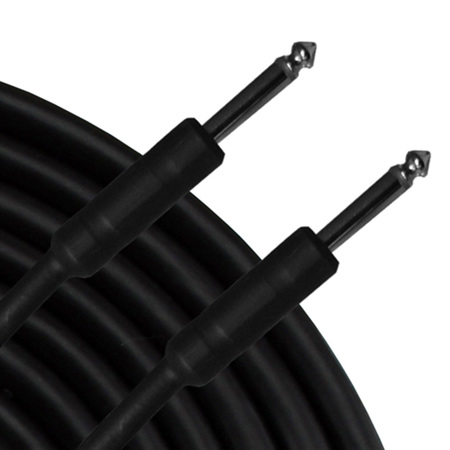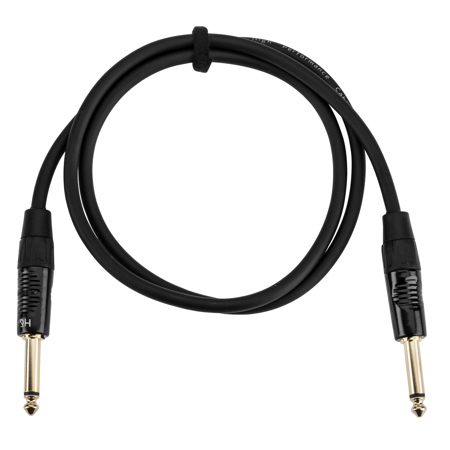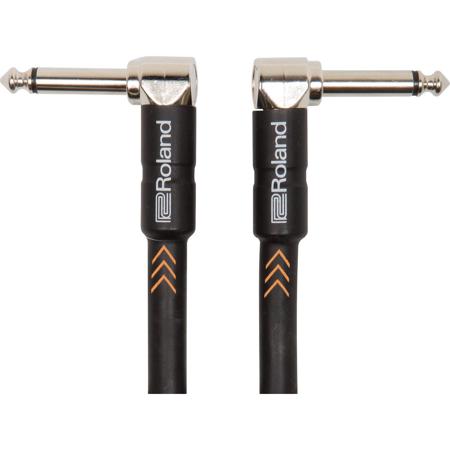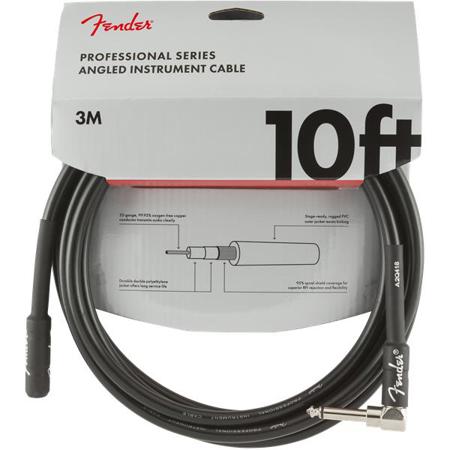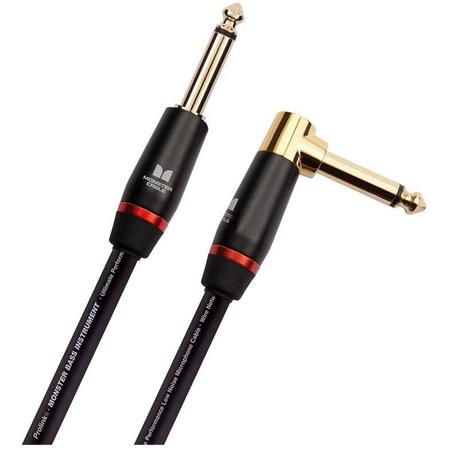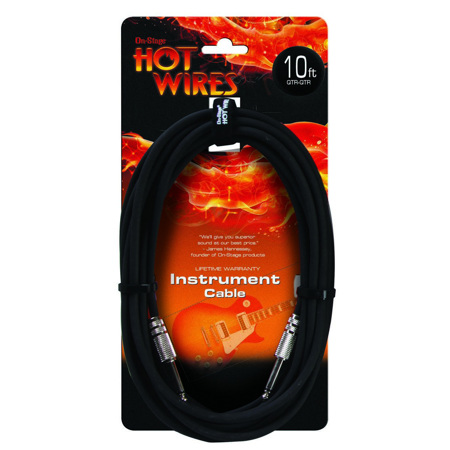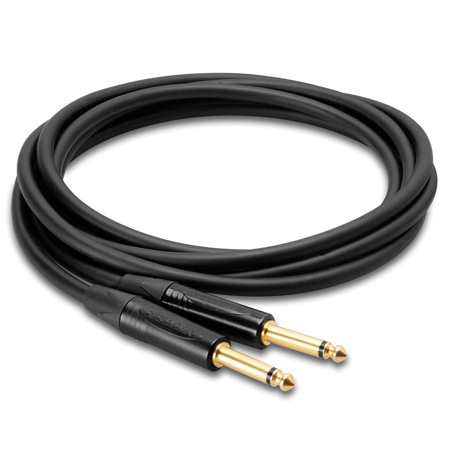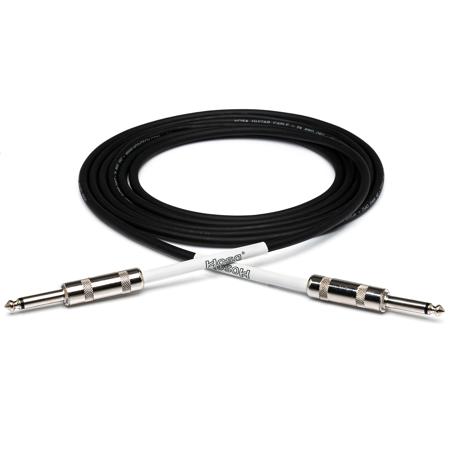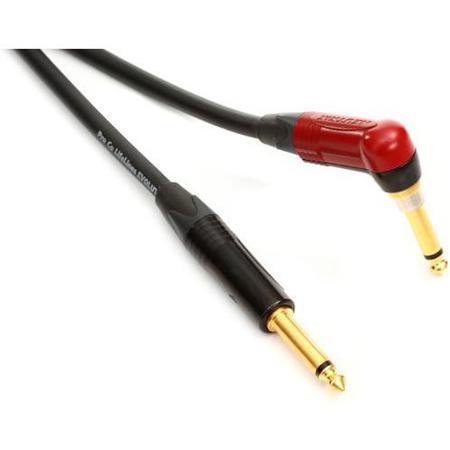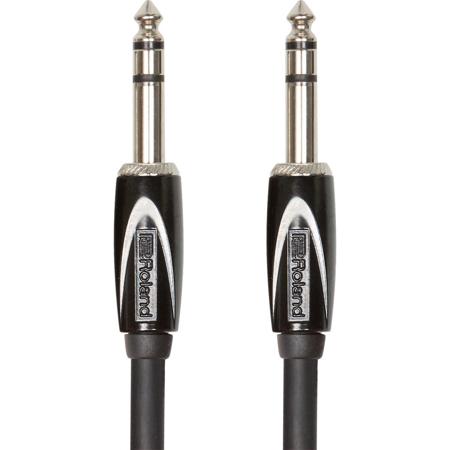Instrument Cables For Guitar
Whether you’re a gigging musician, a home studio enthusiast, or just starting out on your musical journey, the right instrument cable for your guitar can make a world of difference in both performance and reliability. Instrument cables, often referred to as guitar cables, serve as the vital link between your guitar and your amplifier, pedals, or audio interface. Their primary job is to transmit your signal with clarity and minimal noise, preserving the unique character of your instrument’s tone. As the autumn leaves give way to the crisp chill of November, countless musicians are preparing for holiday shows, recording sessions, and gift-giving. This season is a perfect time to evaluate your setup or surprise a guitarist in your life with a thoughtful, practical upgrade. High-quality cables are appreciated by players at every level, from students practicing for their first recital to seasoned professionals who demand the best on stage and in the studio.
When selecting instrument cables for guitar, there are several key features worth considering. Length is an important factor; while a longer cable offers flexibility on stage, it can also introduce capacitance that may subtly roll off your high frequencies. Most guitarists find that cables between 10 and 20 feet strike a good balance, but if you’re working in a smaller space or want to minimize signal loss, shorter options are available. The quality of materials used in the cable’s construction has a direct impact on durability and sound. Look for conductors made from oxygen-free copper, which provide excellent signal transfer and longevity. Shielding is another critical component, particularly if you play in environments with lots of electronic interference. Spiral or braided shielding helps guard against unwanted noise, ensuring your tone stays pure and consistent. Connectors should be sturdy and well-fitted; gold-plated connectors are often chosen for their superior corrosion resistance and reliable contact. The outer jacket, whether it’s classic tweed or rugged PVC, should be flexible enough to resist tangling but tough enough to withstand the rigors of travel and frequent use.
For those building or expanding a pedalboard, instrument cables with straight or right-angle connectors can help keep your setup tidy and efficient. Studio musicians may prioritize cables with ultra-low capacitance for the cleanest possible signal path, while performers on the road often seek out heavy-duty designs that can handle the stresses of touring. If you’re considering a gift for a guitarist, a high-quality cable is always a welcome addition—especially when paired with thoughtful features like color-coding or custom lengths. Reading user feedback, such as warm audio pro speaker cable (0.9m ~ 1.8m) reviews, can offer valuable insights into real-world performance and reliability, helping you make an informed choice. And if you’re ready to explore a curated selection of options designed for every style and setting, you’ll find an array of top-rated choices on our Professional Guitar Cables page. Whether you’re chasing the perfect tone in the studio, ensuring your sound cuts through on stage, or simply looking for a dependable connection, the right instrument cable is an investment in your music that will pay dividends every time you plug in.
When selecting instrument cables for guitar, there are several key features worth considering. Length is an important factor; while a longer cable offers flexibility on stage, it can also introduce capacitance that may subtly roll off your high frequencies. Most guitarists find that cables between 10 and 20 feet strike a good balance, but if you’re working in a smaller space or want to minimize signal loss, shorter options are available. The quality of materials used in the cable’s construction has a direct impact on durability and sound. Look for conductors made from oxygen-free copper, which provide excellent signal transfer and longevity. Shielding is another critical component, particularly if you play in environments with lots of electronic interference. Spiral or braided shielding helps guard against unwanted noise, ensuring your tone stays pure and consistent. Connectors should be sturdy and well-fitted; gold-plated connectors are often chosen for their superior corrosion resistance and reliable contact. The outer jacket, whether it’s classic tweed or rugged PVC, should be flexible enough to resist tangling but tough enough to withstand the rigors of travel and frequent use.
For those building or expanding a pedalboard, instrument cables with straight or right-angle connectors can help keep your setup tidy and efficient. Studio musicians may prioritize cables with ultra-low capacitance for the cleanest possible signal path, while performers on the road often seek out heavy-duty designs that can handle the stresses of touring. If you’re considering a gift for a guitarist, a high-quality cable is always a welcome addition—especially when paired with thoughtful features like color-coding or custom lengths. Reading user feedback, such as warm audio pro speaker cable (0.9m ~ 1.8m) reviews, can offer valuable insights into real-world performance and reliability, helping you make an informed choice. And if you’re ready to explore a curated selection of options designed for every style and setting, you’ll find an array of top-rated choices on our Professional Guitar Cables page. Whether you’re chasing the perfect tone in the studio, ensuring your sound cuts through on stage, or simply looking for a dependable connection, the right instrument cable is an investment in your music that will pay dividends every time you plug in.
